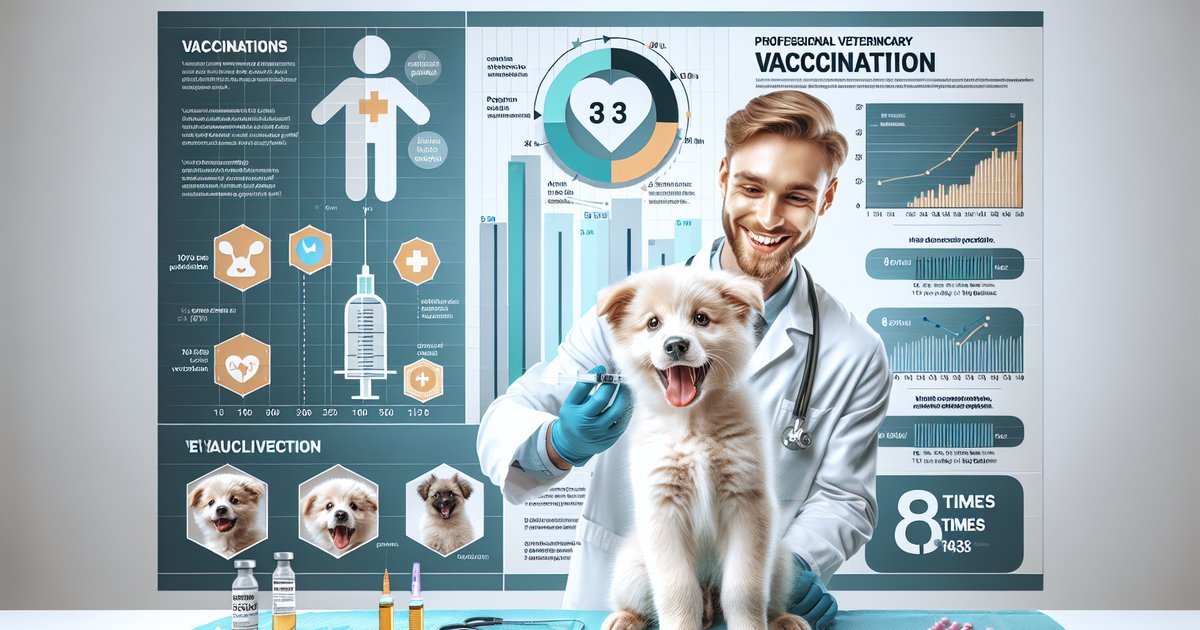Introduction
Caring for cats in shelters or at home can be stressful, especially when their health is uncertain. Fast, gentle ways to detect serious diseases like feline immunodeficiency virus (FIV) help protect both cats and their communities. This matters because early, accurate FIV screening can shape housing, treatment, and adoption decisions—without causing extra anxiety for cats or their caretakers.
Research Background
FIV is a common viral infection in cats, often spread through bites, that can undermine a cat’s immune system and overall health. Traditional FIV testing relies on blood samples, which can be difficult to collect—particularly from fearful, aggressive, or injured cats. This study addresses the need for a reliable, needle-free screening tool that shelters and clinics can use to quickly identify FIV-positive cats with minimal handling.
Study Details
- Researchers tested 382 cats from shelters and clinics in Australia for FIV using a saliva-based point-of-care test (Anigen Rapid® kit).
- Results from the saliva test were compared to standard blood-based FIV testing.
- Cats included a variety of health statuses and temperaments, including stray and fractious individuals.
- The study measured the test’s accuracy and how well cats tolerated the sampling process.
Key Findings
Primary Results
- The saliva test showed 100% specificity, meaning it did not produce any false positive results; every cat flagged as positive truly had FIV.
- 84.2% sensitivity indicates the test correctly identified most FIV infections, but about 16% of infected cats were missed compared to blood testing.
- The saliva collection method was well-tolerated, even by cats who are typically difficult to handle.
Secondary Findings
- The test required no needles or fur clipping, making it less stressful for cats and safer for staff.
- Male cats and those who were sick or injured had a higher prevalence of FIV in this study population.
- The test was particularly practical for mass screenings in shelters, where reducing stress and risk is a priority.
Implications for Pet Owners
What This Means for You
- Gentle screening option: Saliva-based FIV tests offer a less invasive way to check cats for FIV, especially useful if your cat is fearful of needles or handling.
- Immediate results for positives: A positive result from the saliva test can be trusted, so you and your veterinarian can quickly move forward with care plans or isolation measures.
- Negative results may need confirmation: Because the test can miss some infections, a negative result in high-risk cats (strays, sick, or males with a history of fighting) should be followed up with a blood test for certainty.
- Shelter and adoption benefits: If adopting or fostering a cat from a shelter, ask if a saliva-based test was used—it’s safer for the cat and can help ensure FIV status before group housing.
- Low-stress for fractious cats: For cats who are difficult to handle, saliva testing can reduce the need for restraint, sedation, or stressful procedures.
When to Consult Your Veterinarian
- If your cat receives a positive saliva FIV test result
- If your cat is at high risk (male, stray, sick, injured) and has a negative saliva test
- If your cat shows signs of illness (weight loss, fever, chronic infections)
- Before introducing a new cat into a multi-cat household, especially if FIV status is unknown
- If you are uncertain about FIV testing options or results
Study Limitations
- The saliva test missed approximately 16% of FIV infections (lower sensitivity than blood tests).
- Results were based on a sample of 382 cats, mostly from Australian shelters and clinics.
- Limited validation in other geographic regions or populations.
- Negative saliva results may require blood confirmation in high-risk cats.
- Study focused on a single saliva-based test kit (Anigen Rapid®).
Bottom Line
Saliva-based FIV testing offers a reliable, stress-free way to identify FIV-positive cats, especially in shelter settings. Quick, gentle screening helps keep cats and their caretakers safe while supporting responsible decisions.
Quick Action Checklist
- Ask your veterinarian about saliva-based FIV testing for your cat.
- Request FIV screening before adopting or fostering a shelter cat.
- Follow up negative saliva test results with a blood test if your cat is high-risk.
- Monitor your cat for signs of illness and seek prompt veterinary advice.
- Use saliva testing for fractious or injured cats to minimize stress.
- Inform shelter staff if your cat is difficult to handle—saliva testing may be a better option.
- Keep FIV-positive cats separate from untested or FIV-negative cats.
Disclaimer
This information is for educational purposes only and does not substitute for professional veterinary advice. Always consult your veterinarian for questions about FIV testing, diagnosis, or management decisions for your cat.



